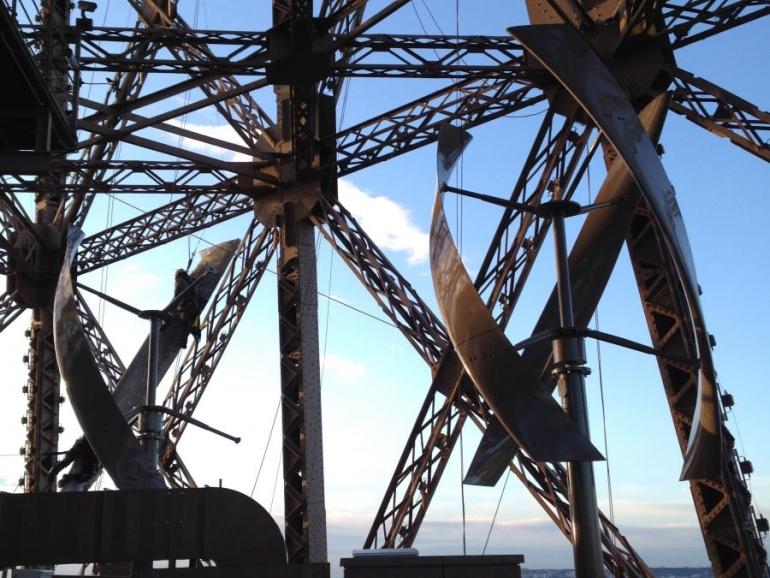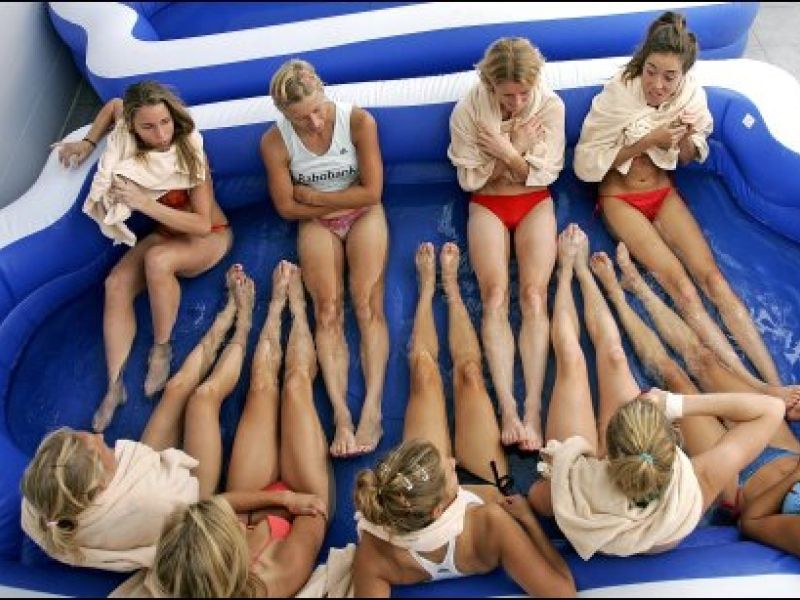'Iedere microfoon staat open'
Dat was altijd de waarschuwing voor presentatoren en gasten in TV-studios: let op je woorden en ga er van uit dat er altijd ergens een microfoon open staat. Dat lijkt nu in het dagelijks leven ook. Toevallig op dezelfde dag twee berichten op Reddit over de microfoon op uw mobiele telefoon.
1. Iedere mondelinge vraag of opdracht aan Siri (de luisterende bediende in de iPhone) of Cortana op Microsoft Windows telefoon, of Google, wordt ergens opgeslagen. Dat u het weet. Deze ‘redditor’ werkt voor een bedrijf waar hij de zinnetjes moet afluisteren. Andere lezers reageren door te vertellen wat ze hoorden bij het terugluisteren van hun eigen geschiedenis.
2. De kans is groot dat Instagram permanent je microfoon afluistert, om Facebook in staat te stellen gerichte advertenties naar je te sturen (theorie van een redditor, bevestigd door andere lezers, niet door bedrijf)
3. Niet microfoon-gerelateerd: een lezer vertelt dat Facebook ‘vrienden’ suggereert op basis van de plekken waar je bent geweest. In zijn geval: alle obers van het restaurant waar hij net heeft gegeten.
Eiffeltoren op groene stroom

Twee windmolens op 122 meter hoogte zorgen voor voldoende energie om de eerste verdieping, waar de meeste bezoekers komen, van energie te voorzien. Opvallend elegant ontwerp waardoor ze van buitenaf vrijwel onzichtbaar zijn.

Cryotherapie
Hoera, weer een nieuwe gezondheidsbehandeling. Cryotherapie. Extreme koude – 120-160ºC – door stikstofgas. Datzelfde spul dat de dokter vroeger gebruikte voor wratten. (nog steeds?) Amerikanen dompelen zich nu 2 max 3 minuten in zo’n bad, komen rillend naar buiten en voelen zich daarna stukken beter. In Nederland zo gauw niet een aanbieder gevonden, in Antwerpen wel eentje. Hockeycoach Marc Lammers liet zijn Nederlands dameselftal al begin jaren ’00 in een ijsbad dompelen na de wedstrijd, om de spieren sneller te laten herstellen.

De arbeidsmarkt
Dit soort uitwisselingsplatforms bestond al. Deze gaat weer een stapje verder: niet alleen goedkoop, maar ook nog snel.

Apple gaat ook naar stromende muziek?
If you can’t beat them, join ’em. Speculatief stuk, maar wel plausibel. Als de verkoop van muziek stagneert doordat iedereen kan ‘lenen’ via Spotify etc., dan zou dit een logische stap zijn. En dan iets toevoegen om je te onderscheiden van de fletse Spotify/Pandora/etc. Dat zou moeten gebeuren door echte musici en DJ’s die zelf playlists samenstellen. Dat zou een trekker zijn.
OK. Snapchat.

Die tent is nu $10 miljard waard, evenveel als ABN Amro zou moeten gaan opbrengen voor minister Dijsselbloem. Misschien binnenkort $16 mrd. Dus we kunnen er niet meer omheen. Maar hebt u er ook niets van begrepen? Hoe werkt dat in vredesnaam?! Gelukkig zijn we niet alleen. Dit is een prima artikel dat uitlegt waarom Snapchat zo verwarrend is. Door iemand die 24 is, en zijn eerste reactie op Snapchat treffend omschrijft als ‘verwarring, ongeloof, en irritatie.’ Een ander zegt: ‘Is Snapchat totaal verwarrend, of ben ik gewoon oud?’ De navigatie is anders dan alles wat wij gewend waren. Er is geen navigatiemenu, je kunt niet ‘scrollen,’ er zijn geen duidelijke opties. De app begint in camerastand – hij gaat er van uit dat jij een foto wilt maken. Delen is krankzinnig lastig. Je kunt niet een lijst contacten importeren, zoals met alle andere sociale media. (Voordeel is dat je niet voortdurend aan je kop wordt gezeurd of je meer contacten wilt toevoegen.) Snapchat beperkt zich tot de contacten die je al in je telefoon hebt. Schrijver gaat met zijn kantoorgenoten een week lang Snapchat testen en concludeert: ‘Intiemer dan we hadden gedacht, geeft meer privacy dan verwacht, en inspireert creativiteit meer dan we hadden verwacht.’ En hier wordt uitgelegd waar dat rare icoontje vandaan komt.
DNA voldoende voor foto?

Deze ‘foto’ is puur en alleen gebaseerd op DNA dat werd gevonden op de plek misdrijf. Uit DNA kan software nu afleiden: huidskleur, kleur ogen en haarkleur (mede ontwikkeld in Nederland), haar krullend of steil, kaalheid, leeftijd, sproeten. Deze is gebruikt door de Amerikaanse politie in een moordzaak in South Carolina. Canadese politie experimenteert ermee. Maar het is nog niet erg subtiel en de kans dat de verkeerde wordt gepakt is groot.
Kan door muren kijken

Dit apparaat kan ‘zien’ of er iemand in een huis is – door een muur van 50 cm dik en zelfs als die persoon niet beweegt, alleen ademhaalt. Handig voor politie. Zorgelijk voor privacy-bewakers.
Wereldhandel in beeld

Niet actueel, wel mooi gemaakt: door de GPS-signalen van vrachschepen over de hele wereld gedurende een week te registreren en op Google Earth te projecteren, zie je de vrachtstromen over de wereldzeëen. 90% van de wereldhandel gaat ten minste een deel van zijn reis over zee.
Jeugd leest liever papieren boek
Dit wisten we al (zie De Bicker 11/9/14) maar deze academica heeft haar studenten gevraagd: waarom? Ook daar geen verrassingen: het is makkelijker te onthouden, het is makkelijker te begrijpen, er is minder afleiding.
